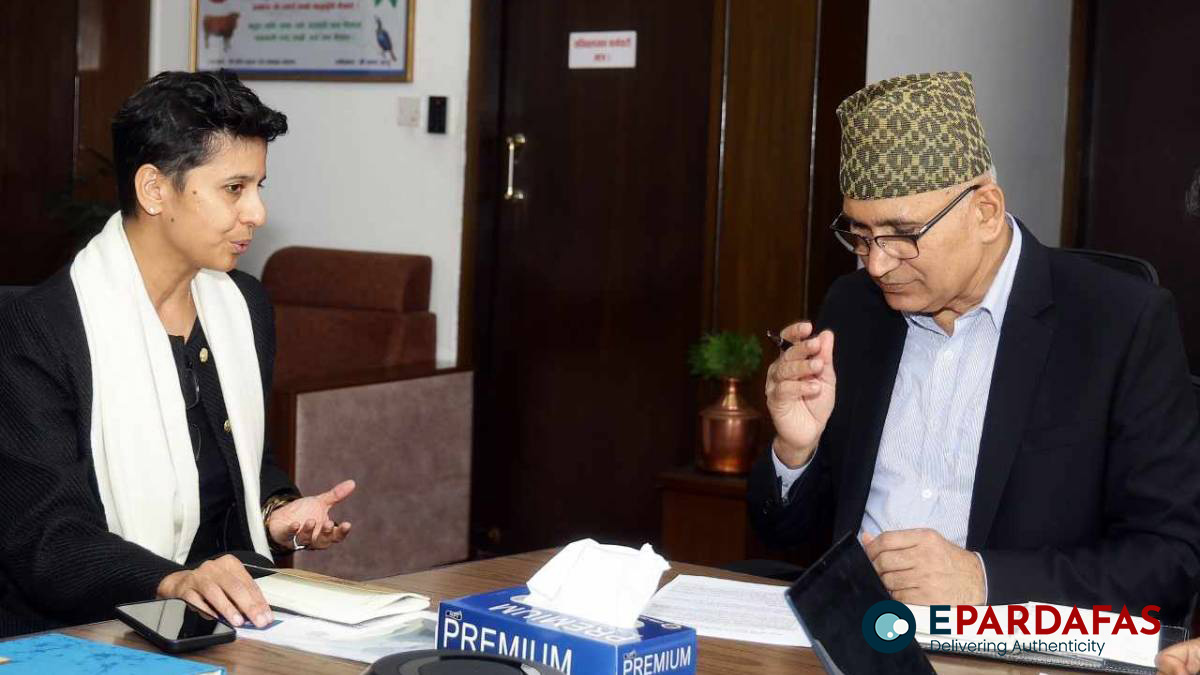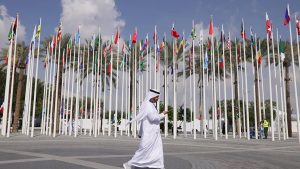
Nepal’s Economy Shows Early Signs of Recovery, Says IMF Official
Nepal’s economy is showing early signs of recovery, according to a statement issued by the International Monetary Fund (IMF) at the conclusion of a staff visit to the country. An IMF team, led by Sarwat Jahan, conducted a visit to Kathmandu from September 11-22, 2024, to review Nepal’s macroeconomic developments and assess the implementation of the Extended Credit Facility (ECF)-supported programme.
Positive Indicators Emerging
According to Jahan, Nepal’s economic indicators are gradually improving. High-frequency data shows that import growth is moving into positive territory, while tax collections are also on the rise. Public investment is picking up, and credit growth is recovering, albeit still below the pace of nominal GDP growth.
Jahan noted that inflation has slowed to around 3.6 percent by mid-July, a significant deceleration due to favorable global commodity prices and subdued domestic demand. She also highlighted that Nepal’s international reserves have grown, supported by robust remittances, a rebound in tourism, and lower-than-expected imports.
“Accelerating the reform momentum is critical to putting the economy on a path towards sustainable, strong, and inclusive economic growth,” Jahan said. She emphasized that improvements in public investment execution, stronger domestic revenue mobilization, and swift disbursement of Child Grants will be essential for continued progress.
Challenges in the Banking Sector
The IMF official expressed caution over vulnerabilities in Nepal’s banking sector. Although credit growth is recovering, banks are grappling with elevated levels of non-performing loans (NPLs) and capital constraints. Jahan called for continued vigilance, urging Nepal Rastra Bank (NRB) to strengthen banking regulation and finalize a review of the loan portfolios of the country’s 10 largest banks.
Addressing the risks posed by savings and credit cooperatives remains a priority, Jahan said, referring to recent concerns over their financial health. She welcomed recent amendments to Nepal’s Anti-Money Laundering Act, noting that these changes are a positive step toward improving financial governance.
“Amending the Nepal Rastra Bank Act, completing the NRB’s external audit, and increasing transparency in public enterprises will enhance governance and accountability,” she added.
Policy Reforms and Investment Climate
The IMF official underscored the importance of structural reforms to create an environment conducive to long-term growth. Jahan specifically pointed to the potential impact of the Investment Facilitation Act, which is expected to improve Nepal’s investment climate by making it easier for foreign and domestic investors to engage in business.
“The recent efforts by authorities to meet key commitments under the Fund-supported programme, with technical assistance from the IMF, are encouraging,” she said. Formal assessment of the country’s performance under the programme will take place during the fifth review.
High-Level Meetings and Sectoral Engagements
During their visit, the IMF team held meetings with key government officials, including Deputy Prime Minister and Minister of Finance Bishnu Prasad Paudel, Nepal Rastra Bank Governor Maha Prasad Adhikari, and National Planning Commission Vice-Chairman Dr. Shiva Raj Adhikari. These discussions focused on macroeconomic policy, the banking sector, and strategies to sustain economic recovery.
The IMF team also met with representatives from the private sector and international development partners. Notably, Deputy Director of the IMF’s Asia and Pacific Department, Ms. Duttagupta, attended several of these meetings, reflecting the importance of Nepal’s economic recovery in the broader regional context.
In concluding their visit, the IMF team expressed gratitude for the “warm hospitality and constructive discussions” provided by Nepali authorities. The team’s findings will inform the upcoming review of the ECF-supported programme and guide future policy advice aimed at fostering Nepal’s economic resilience.
Looking Forward
As Nepal emerges from a period of economic strain exacerbated by global challenges, the focus will remain on strengthening its banking sector, enhancing governance, and pushing forward with critical policy reforms. With international support, including from the IMF, the country is cautiously optimistic about its path to sustainable economic recovery.
- Indian Army Chief General Upendra Dwivedi Meets PM Oli, Highlights Deepening Bilateral Defense Ties
- Bimalendra Nidhi: BRI Agreement Requires National-Level Discussion Before Signing
- PM Oli Urges Investment Amid Economic Reforms, Promises Stability and Prosperity
- Nepali Congress Rejects Loans Under China’s BRI, Pushes for Grant Assistance Ahead of PM Oli’s Visit to Beijing













Comments